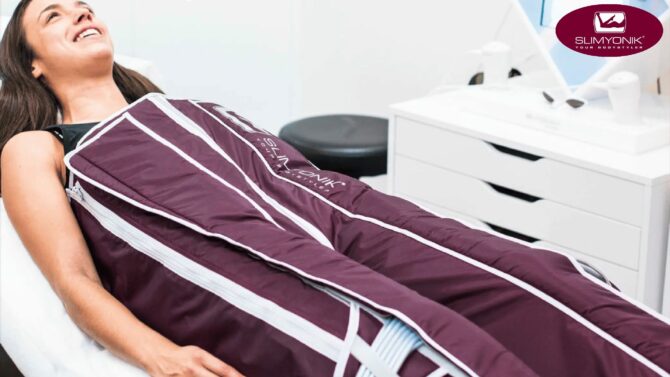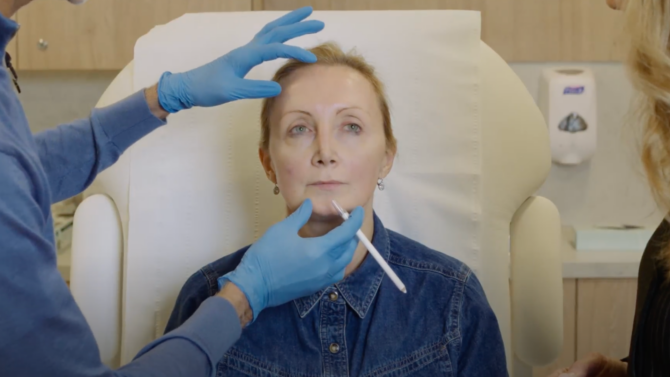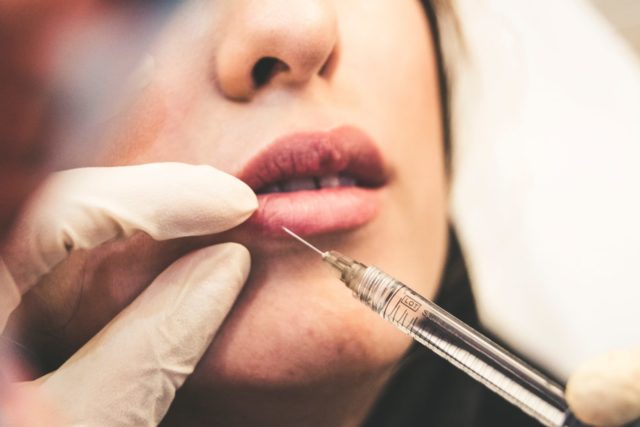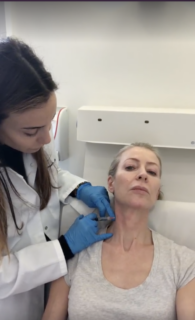If you’ve been following TTG for a while you’ll know how much we bang on about the importance of finding a skilled, reputable practitioner for your tweakments – it’s one of the main reasons that The Tweakments Guide was set up to begin with. But as you’ll be aware by now, this is easier said than done because there aren’t actually any hard and fast rules in place in the UK about who can and can’t legally provide advanced – read: potentially dangerous – cosmetic procedures, like injectables, laser and needling. Aside from botulinum toxin, which is a prescription-only medicine, there’s currently nothing in the law to stop you or I or your plumber from getting hold of some dermal filler, say, and injecting it into someone’s face with no training or experience to speak of.
Is the tweakments market finally headed towards regulation?
The UK aesthetics industry lags way behind most other countries in this respect, and many international cosmetic doctors and surgeons are totally appalled when they first learn of the lack of regulation and regard for patient safety in this country, despite how fast-growing the industry is. Those who work in the industry have been complaining and campaigning for change for years – often just sighing in resignation when someone brings the topic up, because we know that ultimately, nothing will happen unless the Government is incentivised to step in.
We finally saw some action when in October last year, the Government banned toxin and filler treatments for those under 18 in England, and, somewhat surprisingly, the momentum has continued. Last month, the Department of Health and Social Care announced its intention to create a licensing scheme for non-surgical procedures. The idea is to make it so that only people deemed competent and safe to perform treatments like toxin and filler are legally able to do so, protecting the public from the dangerous cowboys who are only in it to make a quick buck. The proposed scheme falls under the remit of Health Secretary Sajid Javid, who said: “I am committed to protecting patient safety by making it an offence for someone to perform these cosmetic procedures without a licence.”
In theory, this sounds great. And it is – but its effectiveness will all depend on who is granted a licence and what boxes they have to tick to be eligible. The DHSC says it is engaging with key industry stakeholders and putting this to a public consultation to decide on a regulatory framework that will do its job, but at the moment, we don’t know what the scheme will look like.
Two of the key aesthetic industry organisations who will help shape the scope and details of the licensing scheme are the Joint Council for Cosmetic Practitioners (JCCP) and the British College of Aesthetic Medicine (BCAM). Both are focused on patient safety, practitioner excellence and developing a clear, strong and sensible framework that all providers of aesthetic treatments must adhere to. Dr Uliana Gout is president of BCAM (and a TTG-approved practitioner). She said of the plans: “We strongly support this move and are engaging with the DHSC to offer any further information that can help in the consultation process. BCAM is a charity focused on patient safety and education, so anything that helps to achieve these aims is most welcome.”
This could also mean that already-decent practitioners up their game further to make sure they’re doing everything by the book – no bad thing at all. “Hopefully, this excellent proposal to introduce a new system for licensing will immediately encourage current practitioners to look at their practice in particular those treatments that involve prescription only medicines, ensuring that the products are from reputable suppliers being provided in appropriate premises with access to handwashing facilities,” said JCCP Trustee Sally Taber. “Let’s hope professionalism returns and develops across the sector.”
How long will this all take?
So, it’s too soon to say what this new proposal will mean, and how long it will take. That public consultation sounds like a tricky and time-consuming undertaking for a start. So in the meantime, always do as much research as possible into any tweakment you’re considering and find a safe and reputable practitioner before you place your face in their hands.
Related Stories

Body contouring
Would You Try This Inflatable Suit To Tone Your Body?
We’ve always been told that lying back and relaxing won’t do a thing to transform our bodies...

Concerns
The Tweakment Ladder: How To Take Your First Steps In Tweaks
Given the huge number of tweakments available, it’s increasingly hard to work out where you should...

Tweakments
Less Is More – How To ‘Press Pause’ On Ageing With Natural-Looking Filler
Can we really ‘press pause on ageing’ using dermal filler? Alice visited globally-renowned...

Tweakments
Three Free Tweaks
After my recent story about The £1000 face, I thought I’d better tone it down a bit and write...








 The Tweakments Chatbot
The Tweakments Chatbot